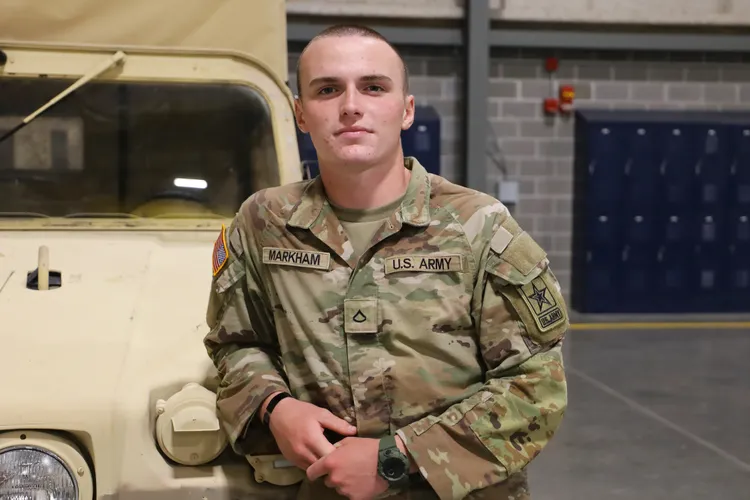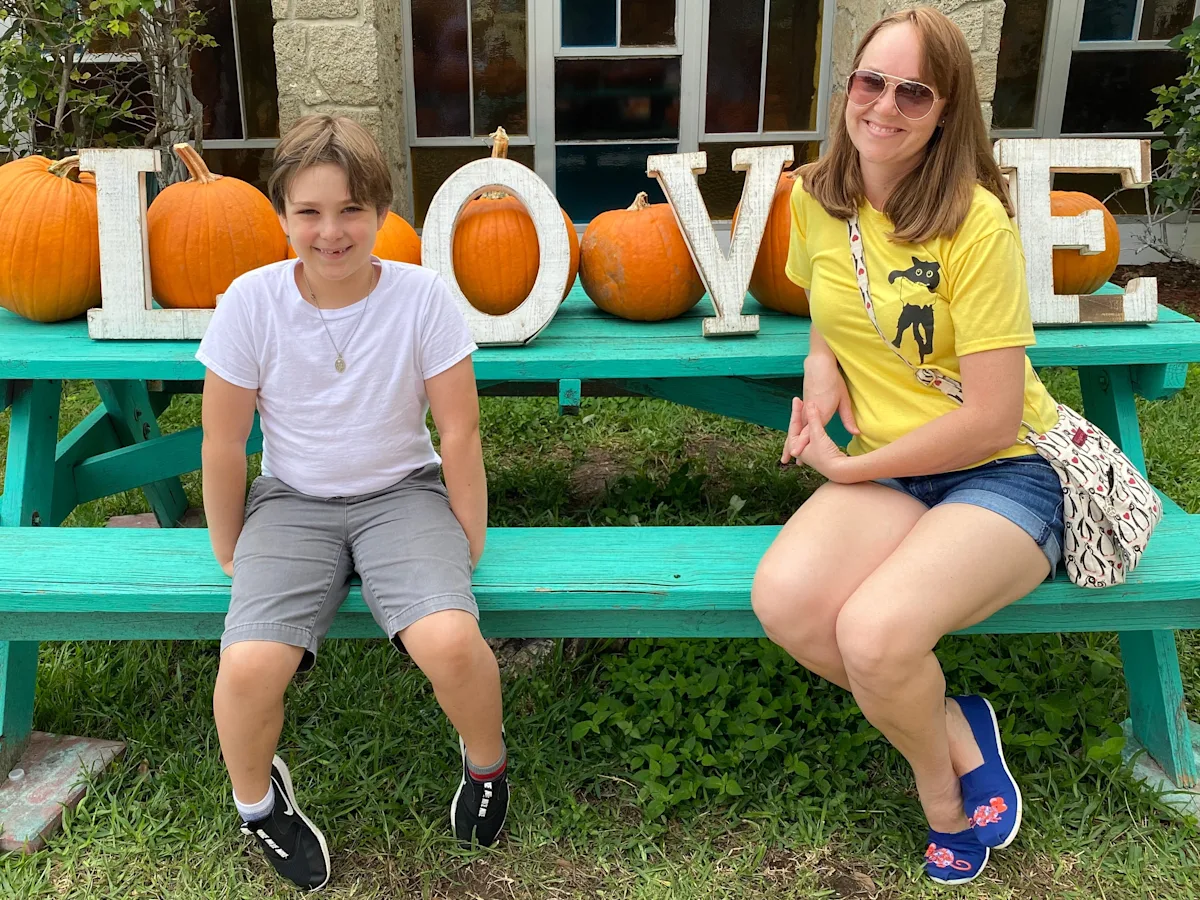The quiet seaside town of Margate, Kent, was struck by heartbreak on August 7, 2025, when a four-year-old boy lost his life in a devastating accident. Zaahir Jan, described by his family as a “sweet and charming” child with a “cheeky smile,” was hit by a bus just outside the Queen Elizabeth The Queen Mother Hospital (QEQM). The tragedy unfolded moments after he left the hospital, where he had been visiting his grandmother. This unimaginable loss has left a family shattered, a community in mourning, and authorities searching for answers. Let’s delve into the details of that fateful day, the family’s grief, and the ongoing efforts to understand what happened.
A Life Fleeing War, Seeking Hope

Iryna Zarutska arrived in Charlotte in 2022, one of millions of Ukrainians displaced by Russia’s invasion of their homeland. At just 23, she carried the weight of war’s trauma but also the hope of a fresh start in the U.S. Described by those who knew her as kind and resilient, Iryna was working to rebuild her life in a new country. She found employment at a local business, navigating the challenges of language barriers and cultural adjustment, and was known for her warmth and determination to make a home in Charlotte.
Her journey was emblematic of the broader Ukrainian refugee experience—fleeing violence only to face new uncertainties abroad. Posts on X, like one from @NatCon2022, noted that Ukrainian refugees like Iryna are often women and children, predominantly Christian, yearning for safety until they can return home. Iryna’s life, though brief in Charlotte, was a testament to her courage, making her loss all the more devastating.
A Brutal Attack at Archdale Station

The tragedy unfolded in the early hours at the Archdale light rail station in south Charlotte, a busy transit hub. Iryna was waiting for a train, possibly leaving work, when she was approached by DeCarlos Brown, a 34-year-old homeless man. Without warning or apparent motive, Brown allegedly stabbed Iryna multiple times, inflicting fatal wounds. Bystanders and security cameras captured the chaos, with police responding swiftly to the scene. Despite efforts to save her, Iryna was pronounced dead at a local hospital.
The Charlotte-Mecklenburg Police Department (CMPD) described the attack as “random and unprovoked,” with no evidence that Iryna and Brown knew each other. Brown fled but was apprehended shortly after, charged with first-degree murder. His arrest revealed a troubling history: a repeat offender with prior convictions for assault, robbery, and other violent crimes. A post on X from @NatCon2022 called him a “habitual criminal,” criticizing authorities for ignoring “massive warning signs” about his behavior.
A Suspect with a Violent Past

DeCarlos Brown’s criminal record has fueled outrage, with many questioning how someone with his history was free to roam. Court records show multiple arrests for violent offenses, including a recent assault charge that did not result in extended incarceration. CMPD Chief Johnny Jennings expressed frustration, noting that repeat offenders often cycle through the system without adequate intervention. “This tragedy underscores the need for better ways to address habitual criminality,” he told reporters.
Investigators are still piecing together Brown’s motives, but early findings suggest the attack was not specifically targeted at Iryna’s refugee status. Instead, it appears to be a random act of violence, possibly linked to Brown’s unstable circumstances or mental state. The case has sparked calls for stricter monitoring of repeat offenders and better support for vulnerable communities, like Charlotte’s growing refugee population.
A Community Mourns and Questions Safety
Iryna’s death has left Charlotte’s Ukrainian community and residents at large in mourning. A vigil held near the Archdale station drew dozens, with candles and flowers marking the spot where Iryna’s life was taken. “She was one of us, trying to find peace after so much pain,” said a fellow Ukrainian refugee at the gathering. The local Ukrainian association is raising funds to support Iryna’s family in Ukraine, who face the heartbreaking task of mourning her from afar.
The incident has also heightened concerns about safety on Charlotte’s light rail system. Residents have voiced frustration on X, with some calling for increased security at stations. “How is a young woman not safe at a train stop?” one user posted, echoing broader fears about urban violence. CMPD has promised enhanced patrols, but for many, Iryna’s death is a stark reminder of the unpredictability of public spaces.
A Broader Call for Action
Iryna’s story resonates beyond Charlotte, touching on issues of refugee integration, public safety, and criminal justice reform. As a refugee, she represented hope and resilience, yet her death highlights the vulnerabilities faced by those rebuilding lives in unfamiliar places. Advocacy groups are urging better support for refugees, from mental health services to job training, to help them navigate challenges without becoming targets of violence.
The case also reignites debates about how the justice system handles repeat offenders. Brown’s history has prompted local leaders to push for reforms, including better mental health interventions and stricter penalties for violent crimes. “We failed Iryna by letting someone like this slip through,” said a Charlotte city council member, calling for systemic change.
A Legacy of Resilience
As the legal process moves forward, with Brown in custody awaiting trial, Charlotte is left to honor Iryna’s memory. Her death is a tragedy that transcends borders, uniting communities in grief and a shared demand for justice. The Ukrainian flag flies at half-mast at local community centers, a symbol of her homeland’s loss. For those who knew her, Iryna was a beacon of hope, and her story though cut short will inspire efforts to protect others like her.
This senseless act has left scars, but it also galvanizes a community to fight for safer streets and stronger support for the vulnerable. Iryna Zarutska’s life, marked by courage in the face of war and adversity, deserves to be remembered not just for its tragic end, but for the light she brought to those around her.





